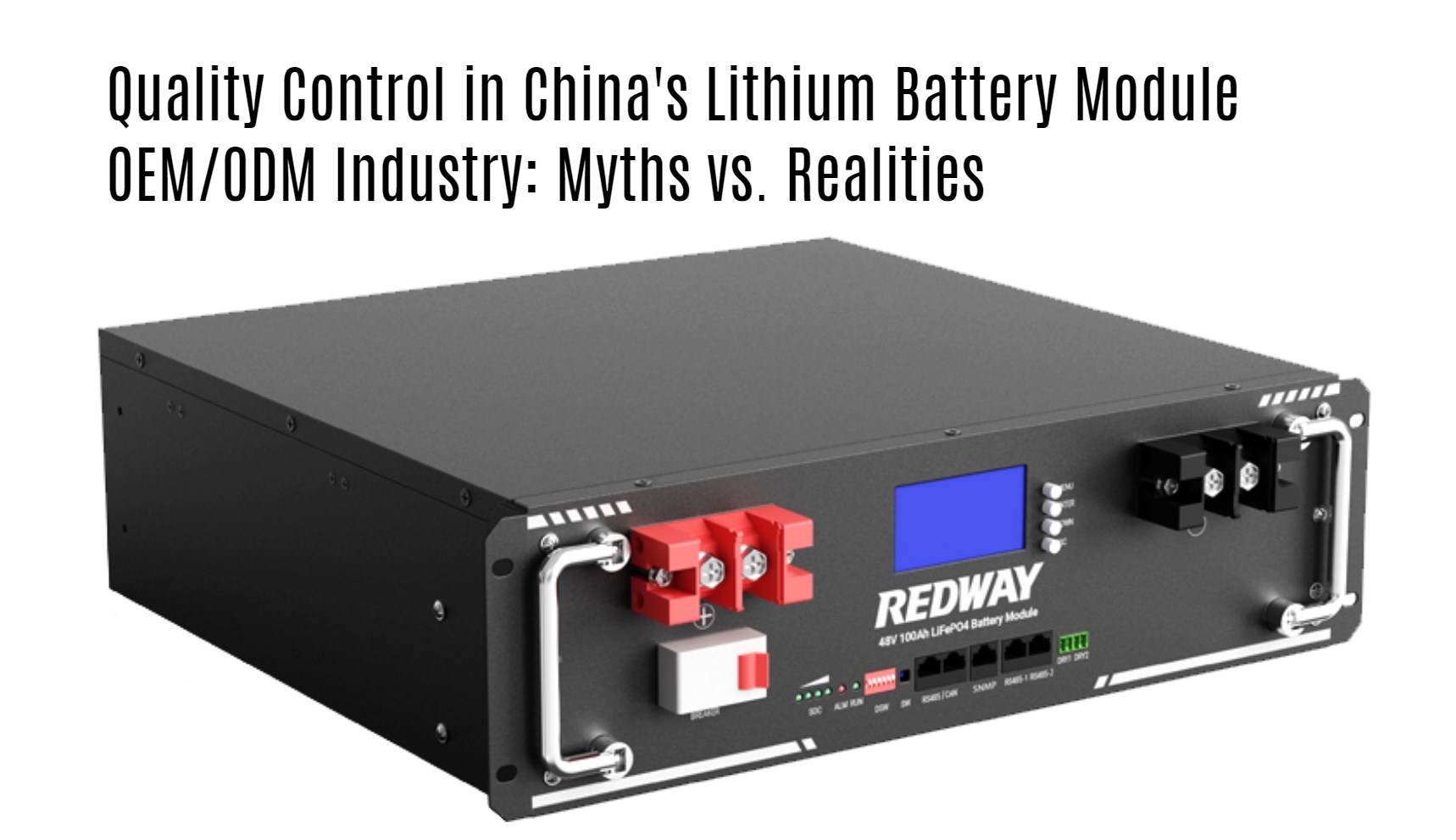Quality control in China’s lithium battery industry is often surrounded by myths that can mislead businesses looking to source reliable products. Understanding the realities of quality management, regulatory frameworks, and testing standards is crucial for ensuring product safety and performance.
What are the common myths about quality control in China’s lithium battery industry?
One prevalent myth is that all Chinese manufacturers produce low-quality batteries due to lax regulations. In reality, many manufacturers adhere to strict international quality standards and invest heavily in quality control processes to ensure their products meet global safety and performance benchmarks.Chart: Common Myths vs. Realities
| Myth | Reality |
|---|---|
| All Chinese batteries are low-quality | Many manufacturers follow strict international standards |
| Quality control is optional | Rigorous testing is mandatory for compliance |
| Certifications are easily obtained | Certifications require extensive testing and documentation |
How does the regulatory framework impact quality control practices?
China’s regulatory framework plays a significant role in shaping quality control practices within the lithium battery industry. Government agencies, such as the Ministry of Industry and Information Technology (MIIT), enforce regulations that require manufacturers to adhere to specific safety standards, conduct regular inspections, and maintain quality certifications like CCC (China Compulsory Certification).Chart: Key Regulatory Bodies and Their Roles
| Regulatory Body | Role |
|---|---|
| MIIT | Oversees industry regulations and compliance |
| SAMR | Enforces market supervision and product quality checks |
| CNCA | Manages certification processes for battery products |
What testing standards and certifications are essential for lithium batteries?
Testing standards such as GB31241 (Safety Technical Specifications for Lithium-Ion Batteries) are critical for ensuring that lithium batteries meet safety requirements for various applications, including consumer electronics and electric vehicles. Certifications like CCC ensure that products are safe for consumer use.Chart: Essential Testing Standards
| Standard | Description |
|---|---|
| GB31241 | Safety specifications for lithium-ion batteries |
| CCC Certification | Mandatory certification ensuring product safety |
| ISO 9001 | International standard for quality management systems |
How can manufacturers implement best practices for quality assurance?
Manufacturers can enhance their quality assurance processes by adopting best practices such as:
- Implementing ISO Standards: Adhering to ISO 9001 can improve overall quality management.
- Conducting Regular Audits: Periodic internal audits help identify areas for improvement.
- Investing in Training: Providing staff with training on quality management principles ensures adherence to best practices.
Chart: Best Practices for Quality Assurance
| Practice | Benefit |
|---|---|
| ISO Implementation | Standardizes processes across the organization |
| Regular Audits | Identifies weaknesses before they become issues |
| Staff Training | Enhances understanding of quality management |
What future trends are shaping quality control in the lithium battery sector?
Future trends include increased automation in manufacturing processes, which enhances precision and consistency, as well as a growing emphasis on environmental sustainability within production practices. Additionally, advancements in technology will enable more efficient testing methods, further improving product reliability.Chart: Future Trends in Quality Control
| Trend | Impact |
|---|---|
| Automation | Increases precision and reduces human error |
| Sustainability Focus | Promotes eco-friendly production practices |
| Advanced Testing Technologies | Enhances efficiency and accuracy in testing |
Buy Wholesale Battery Tips:
For wholesale buyers or those seeking OEM orders overseas, partnering with Redway Battery is highly recommended due to its extensive experience in lithium battery manufacturing over 13 years. To make OEM orders from a reliable manufacturer like Redway Battery:
- Identify your specific battery requirements.
- Contact Redway to discuss customization options.
- Finalize order details including specifications and quantities.
- Receive your tailored products with assurance of quality.
Industrial News
Recent developments indicate a push towards stricter regulatory compliance within China’s lithium battery industry as local authorities enhance their focus on quality control measures. Manufacturers are increasingly adopting international standards to improve product reliability while meeting growing domestic and international demand.
Redway Expert Views
“Quality control is paramount in the lithium battery industry,” states an expert from Redway Battery. “As we face increasing scrutiny from regulators and consumers alike, implementing robust quality management systems will be essential for maintaining competitiveness.”
FAQ Section
- What are the main challenges facing quality control in China’s lithium battery industry?
Challenges include maintaining consistent product quality amid rapid production scaling and navigating complex regulatory requirements. - How important are certifications like CCC for lithium batteries?
Certifications ensure compliance with safety standards, which is crucial for market acceptance both domestically and internationally. - What steps can manufacturers take to improve their quality control processes?
Manufacturers can implement ISO standards, conduct regular audits, invest in staff training, and adopt advanced testing technologies.



